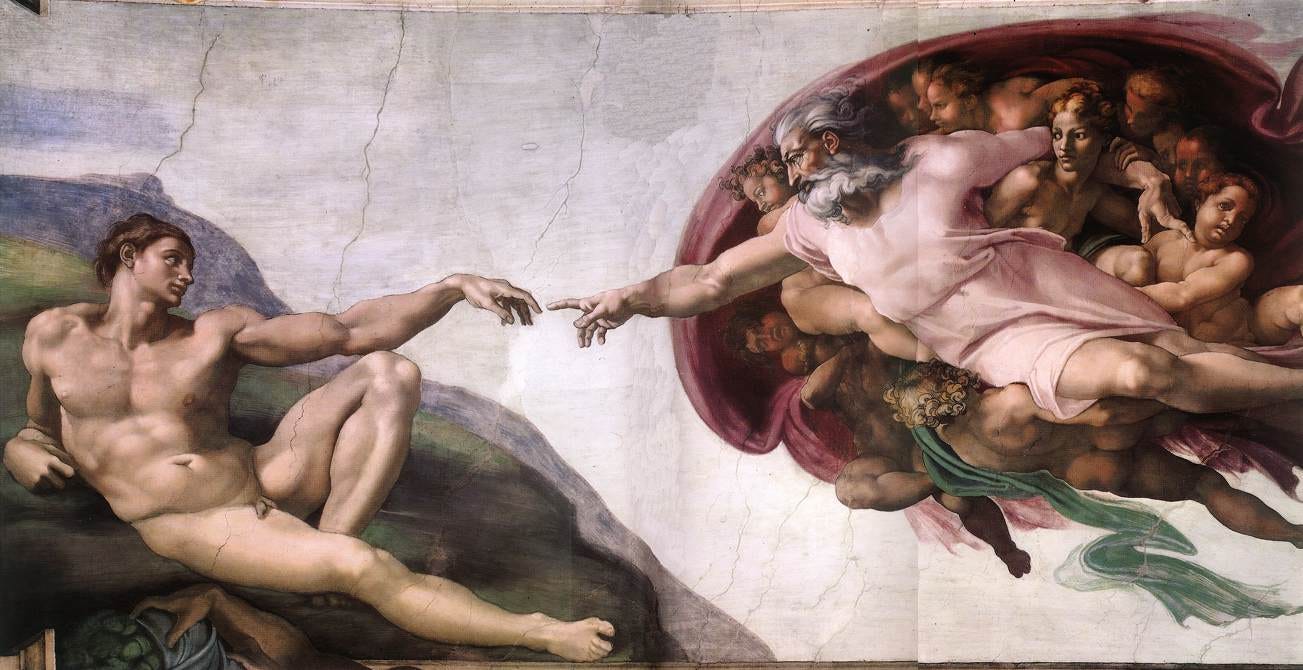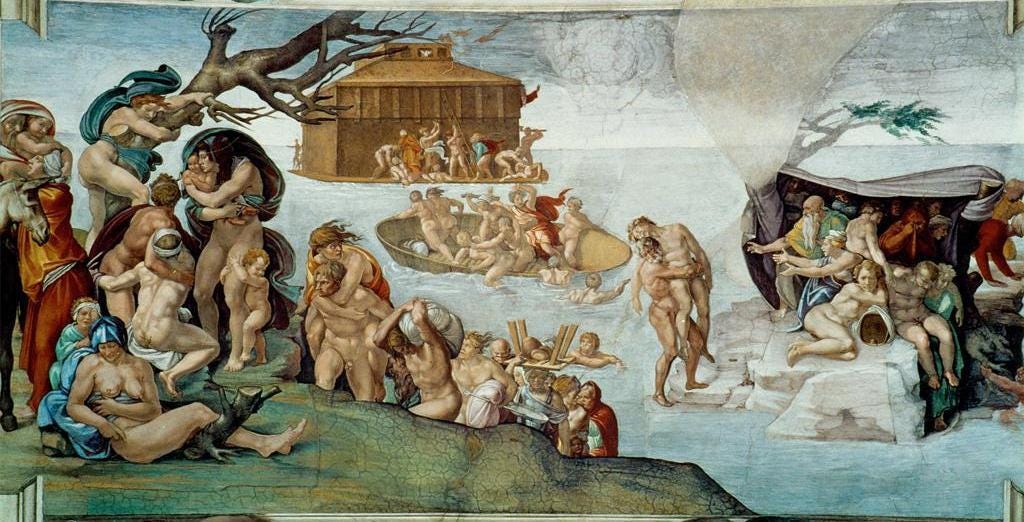How Has God Reached Out to Us?
Adam and Noah are the First Proofs of God Pursuing us
From the very first breath of human existence, God did not remain hidden. He manifested Himself to our first parents, Adam and Eve, revealing not just His existence but His desire for intimate communion. The Catechism affirms: “God created man in His image and established him in His friendship” (CCC 355). This divine friendship was not a peripheral idea—it was central to man’s original vocation. In Genesis 2:7, we see God breathe His own life into Adam, and in Genesis 3:8, we glimpse God “walking in the garden in the cool of the day,” a sign of personal relationship, not mere oversight.
But when man fell—when he chose his own will over God’s—the consequence was rupture, not rejection. God’s response to sin was not to sever the relationship but to initiate a plan of restoration. As the Compendium notes, “He did not cease his revelation.” In fact, right within the very moment of judgment, God delivers hope: “I will put enmity between you and the woman, and between your seed and her seed; he shall bruise your head, and you shall bruise his heel” (Genesis 3:15). This verse, known as the protoevangelium, is the first promise of the Messiah—already announcing Mary and Christ, the New Eve and the New Adam (cf. CCC 410).
Humanity spirals further into sin after the Fall, culminating in the judgment of the flood. But again, God does not abandon His creation. Instead, He preserves a remnant through Noah and establishes a new covenant. Genesis 9:11–13 records God’s words: “I establish my covenant with you, that never again shall all flesh be cut off by the waters of the flood… I have set my bow in the cloud, and it shall be a sign of the covenant between me and the earth.” This is a universal covenant—not just with Noah, but with all living beings (cf. CCC 56–58).
The Catechism emphasizes that “this covenant with Noah remains in force during the times of the Gentiles” (CCC 56), meaning that even before Israel, God had already demonstrated His universal salvific will (1 Timothy 2:4). In this, we see the unfolding of divine pedagogy: God teaches, reveals, and prepares humanity step-by-step for the fullness of redemption in Christ.
In sum, the biblical narrative and Catholic teaching align perfectly: From the garden to the flood, God has always been a Father seeking communion with His children. His justice does not negate His mercy. His covenants are not contracts—they are love writ into history. And each one prepares the way for the final, eternal covenant in the blood of Jesus (cf. Luke 22:20; CCC 613).




